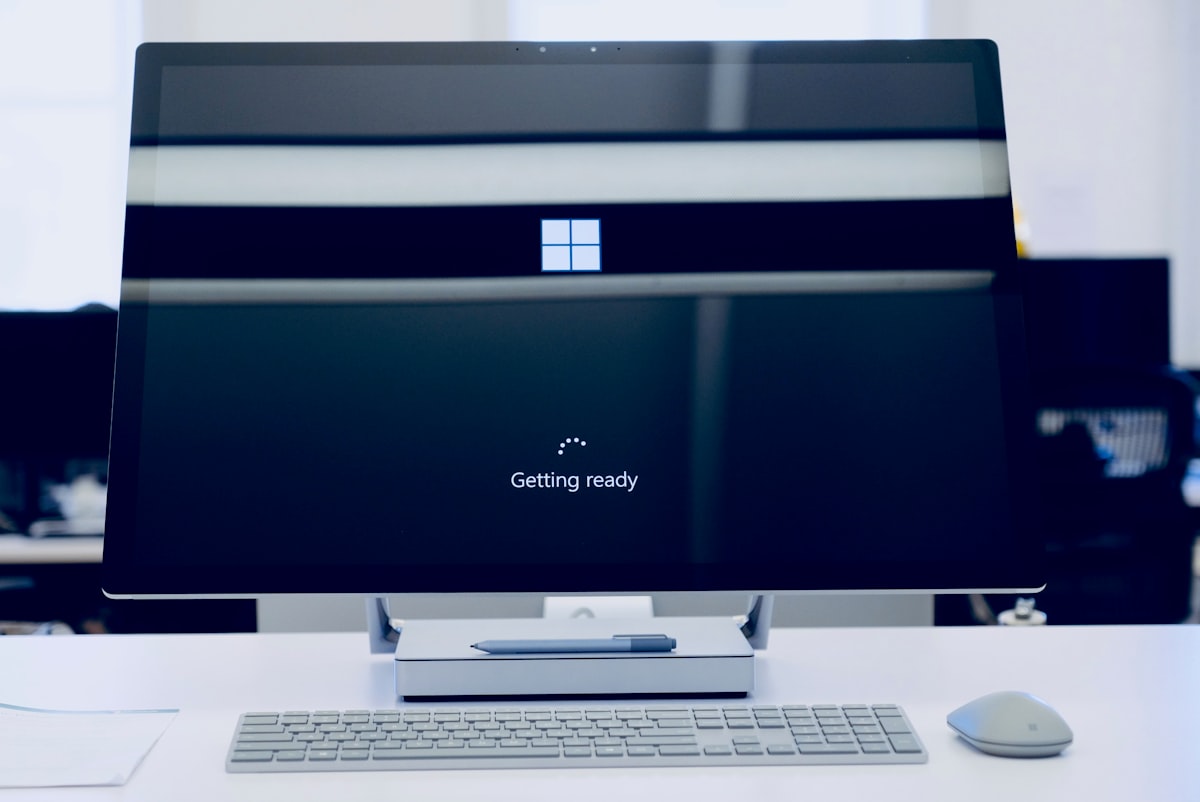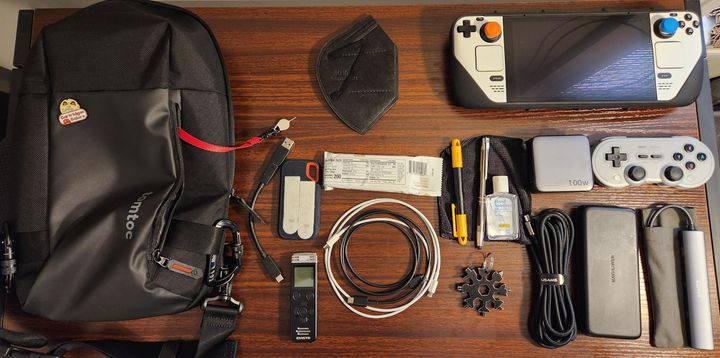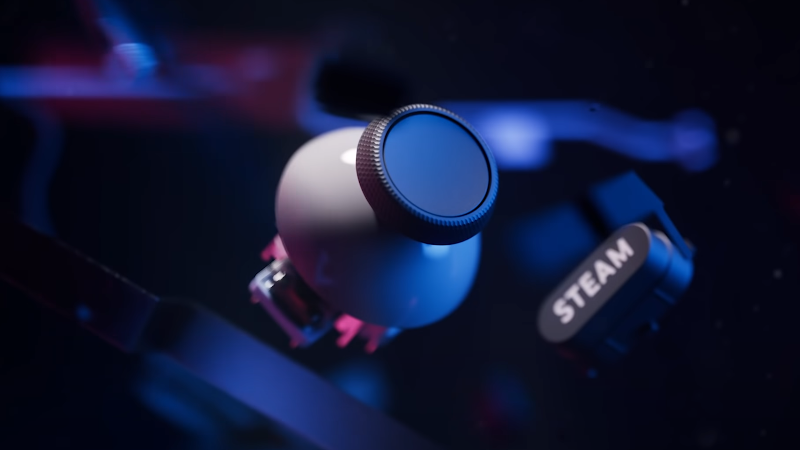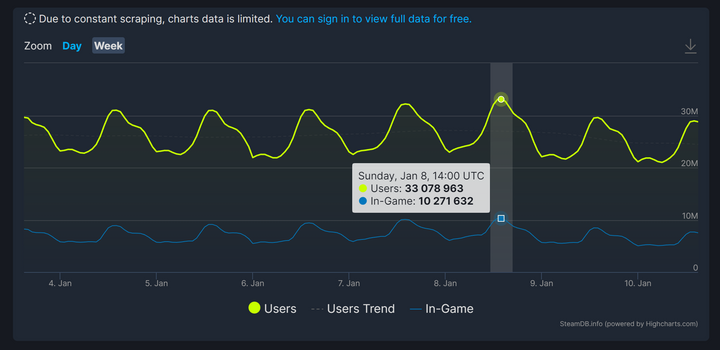Dear Linus Sebastian, Linux isn't Windows. And that's on purpose.
Linux gives you control over your machine, rather than acting as a mechanism of control over you.

Well, we certainly learned a lot from LTT’s first Linux Daily Driver Challenge, huh?
In it, we learned that Linus — like many other Windows users — thinks of the steps for installing software on Linux as nothing more than “stupid hoops.”
To be fair, I can see how a Windows user could misinterpret some of the more foreign aspects of The Linux Way️™️ as “stupid hoops.” Honestly, I thought the same thing about Linux when I first got on board. Similarly, I felt the same way when I got my first Android phone.
Linux is different than Windows. I mean, Linux ISN’T Windows. That’s the title of this video. And guess what? That’s a good thing. That's by design.
From having to set your WiFi connection to “metered” to prevent Windows Update from cramming new, broken OS features down your throat, to installing third party software to prevent Edge from opening hyperlinks. There are so many “stupid hoops” one needs to jump through to combat the ever-encroaching invisible hand of Microsoft’s Imperial aspirations.
Windows and Linux function very differently from each other. The Windows operating system functions as an adversarial force, with the ever-present will of Bill Gates looming over your shoulder at every turn. Windows seemingly operates with a mind of its own, imposing its idea of what it thinks your trying to do and getting in the way more than it ever helps.
Indeed, Windows is the Clippy of operating systems. Over the years, users have learned they either need to subdue or trick Windows into doing what they want it to do. It’s become almost Pavlovian.

Windows users are so used to disabling as much telemetry as possible that it's memorized by wrote; flipping switch after switch during the install process just to maintain a semblance of privacy. Yet still knowing in the back of their minds that Microsoft is still watching.
And Windows is now requiring that you sign in with a Microsoft Account in order to use the Windows 11. You HAVE to use a Microsoft account in order to access your own computer.
While these are certainly egregious violations of your digital autonomy, they aren’t all of it. It’s also little things. Like ads built into File Explorer. Like the Start Menu continuously changing across releases specifically to push more apps and services you don’t need in your face. It’s a broken search function that only ever queries Bing and not the search engine of your choice and only secondarily serving the expected function of finding a file or app on your local machine.
It’s Microsoft putting their profits ahead of your user experience and trying to coerce you into using their services and using your computer to engage in soft extortion against the you.
People are frustrated. And it's no wonder. Even if they don't know or can't articulate why, most people feel Microsoft's want for controlling and manipulating them. Their BS detectors kick into high gear with every questionable decision Microsoft makes. And there should be no illusions about this: Microsoft forces its will upon you. Windows engages in what can only reasonably be described as malicious behavior. Windows is the one that sets up “stupid hoops” that you need to jump through in order to have a reasonably unencumbered user experience.
But the thing is, Windows is the dominant OS and people have been dealing with the slow abridgement of their digital liberty for literally decades. Much like the proverbial frog in a slowly warming pot of water… they’ve just become used to it. Even when the Redmond-based OS produces radical changes, major inconveniences, and tangibly harmful results for end users, they’ve just become accustomed to these “stupid hoops.”
And when people switch over from Windows to Linux, they naturally bring that mindset with them. Believing that every unfamiliar inconvenience from the way they're used to is a “stupid hoop.” It’s a defensive posture that most people who’ve suffered abuse adopt. Microsoft has been actively harming them for years, and for them to just let go of that is not something we can expect to come easily.
So you’ll forgive me when I say “Linux isn’t Windows.” Like, that’s obvious. But it bears repeating.
On Linux, updates are never forced on you. There are no ads baked into the OS. There’s very little telemetry collected about your behavior. Managing the software on your machine is a cakewalk. Plus, the entire system — from the ground up — is designed to empower you, the user.
It gives you control over your machine, rather than acting as a mechanism of control.
And that’s important. There are no “stupid hoops” that you need to jump through on Linux. There might be a different and unfamiliar process for achieving things you’re already familiar with doing on Windows. But once you’ve made the switch and gotten used to The Linux Way, I guarantee you that things you used to find tedious or frustrating on Windows will be easily and quickly solved on a Linux OS. And you’ll find yourself actually enjoying using your computer.
I’m not just talking about things like playing games. I’m talking about just using your computer. Linux-based OSes usually make using your computer fun. And that’s not something that can be said about Windows.
And — critically — if you do encounter hoops you need to jump through on Linux, you'll understand why they're there.
Look, Linux is by no means perfect. No operating system is. But for every outright flaw that Linux has, Windows has 15.
The difference is: where Linux’s problems are usually fixed by a community of people who love and care about the projects they contribute to… Windows’ problems will only continue to get worse because most of them are there by design to maximize Microsoft's profits and their control over your PC.
So that’s why I’m a Linux user. Because I’d rather work with my OS, rather than have it work against me.




Comments ()